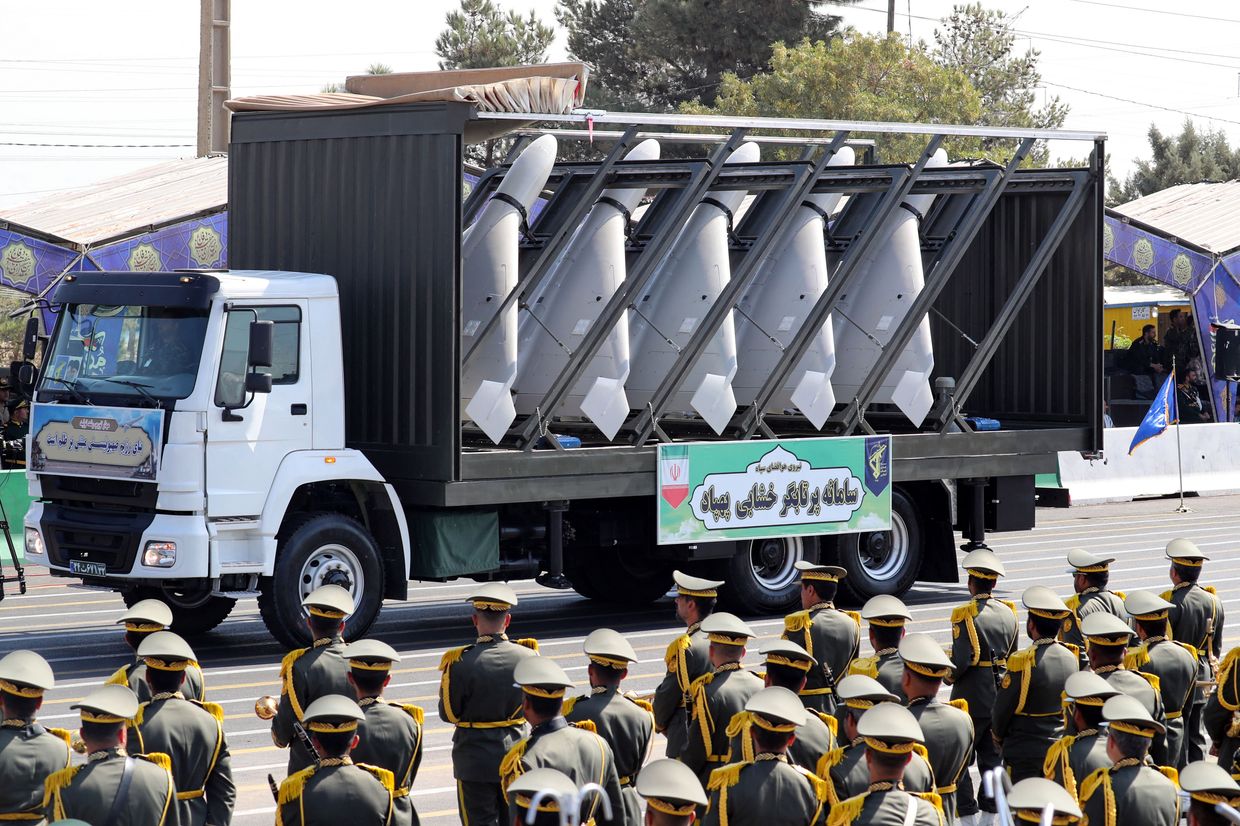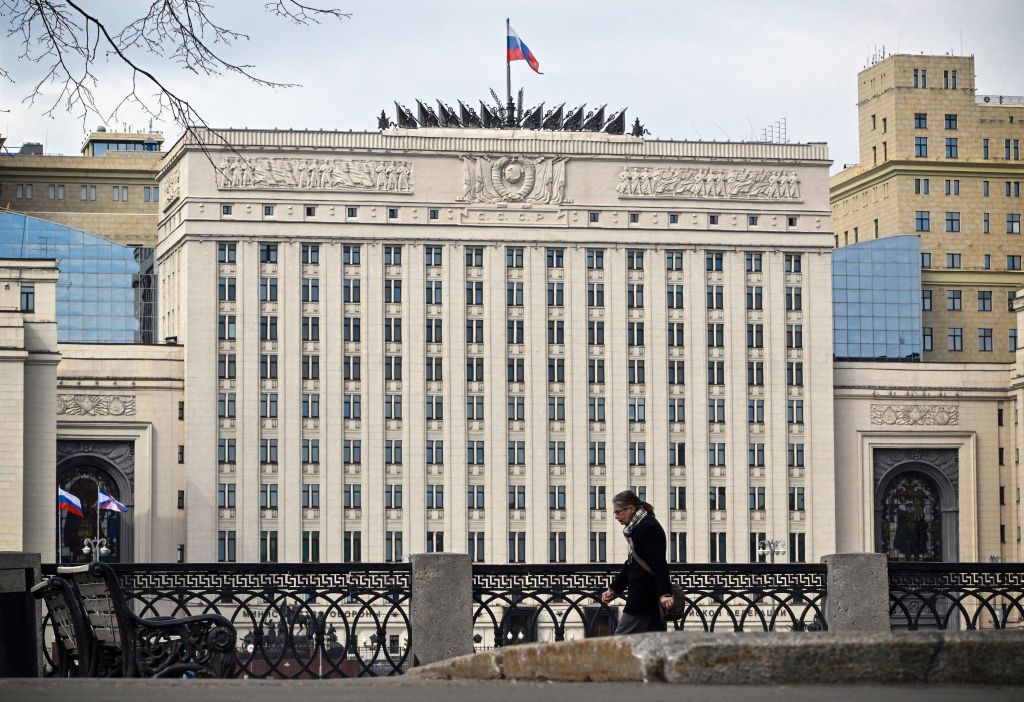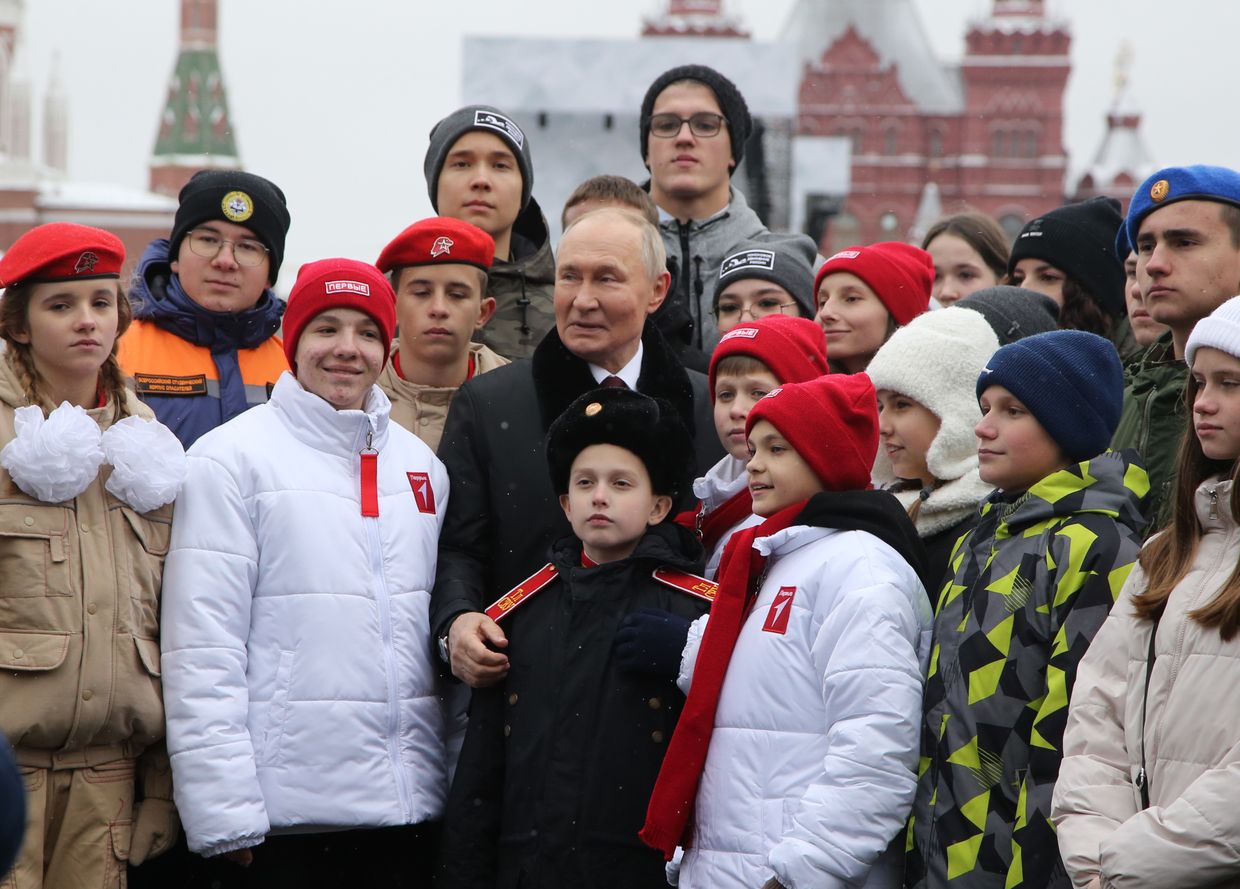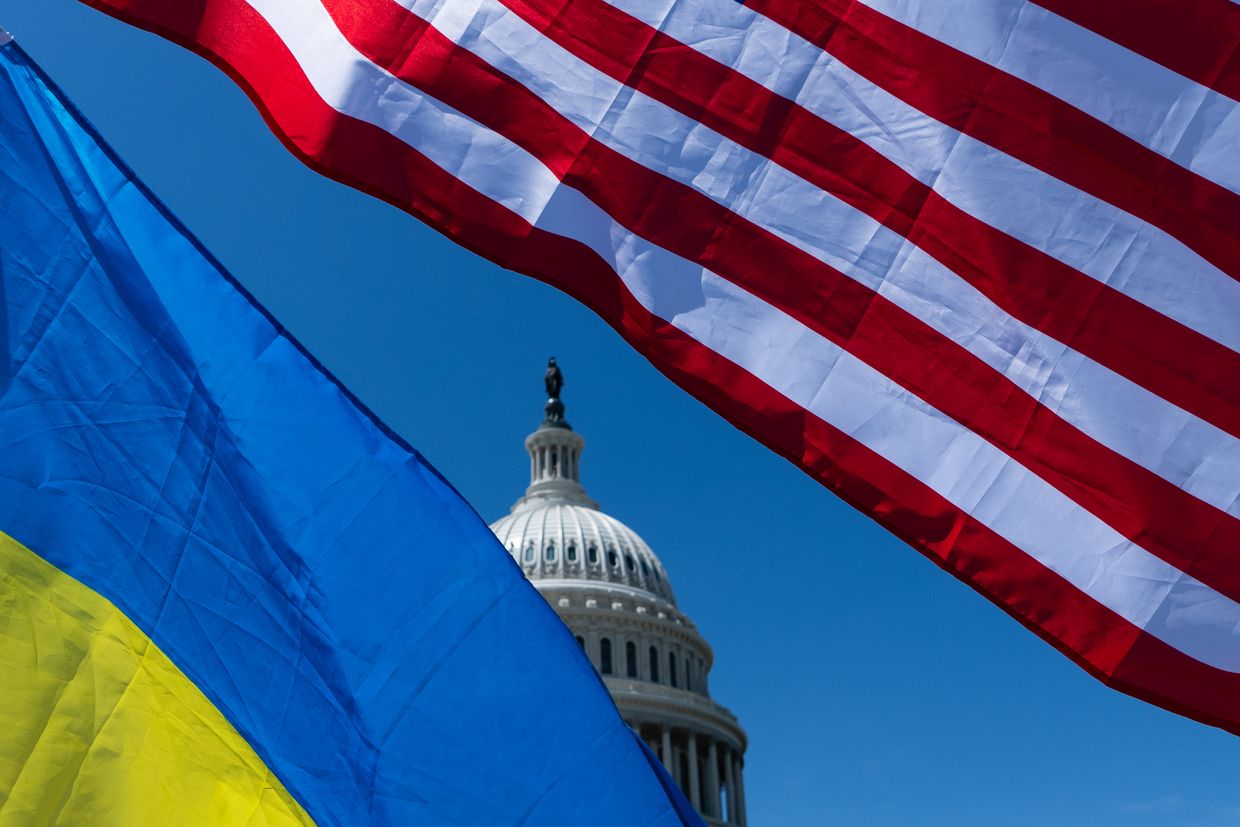Turkey's Dortyol oil terminal in the Mediterranean Sea has halted business with Russia as pressure caused by U.S. sanctions mounts, Reuters reported on March 5.
Western countries have sanctioned Russian oil trade due to Moscow's full-scale invasion of Ukraine in 2022. In response, Russia shifted its focus to other markets, including Turkey, China, and India.
Turkey became Russia's biggest buyer in the Western hemisphere, purchasing 24% of its oil products and 5% of its crude last year, according to the Center for Research on Energy and Clean Air.
Global Terminal Services (GTS), which operates the Dortyol terminal, said it would no longer accept products from Russia.
"GTS decided to cut all possible connections to Russian oil and declared accordingly to its customers in late February 2024 that even if there is no breach of any laws, regulations or sanctions, it would not accept any product of Russian origin or any products loaded from Russian ports as an additional measure to the sanction rules in effect," GTS told Reuters.
According to shipping analytics cited by the news agency, the GTS terminal, which is Turkey's seventh-largest import terminal by volume, received 11.74 million barrels of Russian crude oil and fuel in 2023.
The U.S., the EU, and other partners have banned the import of Russian seaborne oil, although the product continues to flow to some European countries via pipelines. The Group of Seven (G7) has also imposed a $60-per-barrell price cap on Russian crude shipped to global markets.
As Russia has largely managed to circumvent the cap, recent sanctions by the U.S. and the EU aim to tighten it further and prevent Russia from trading its oil above $60 per barrel.














